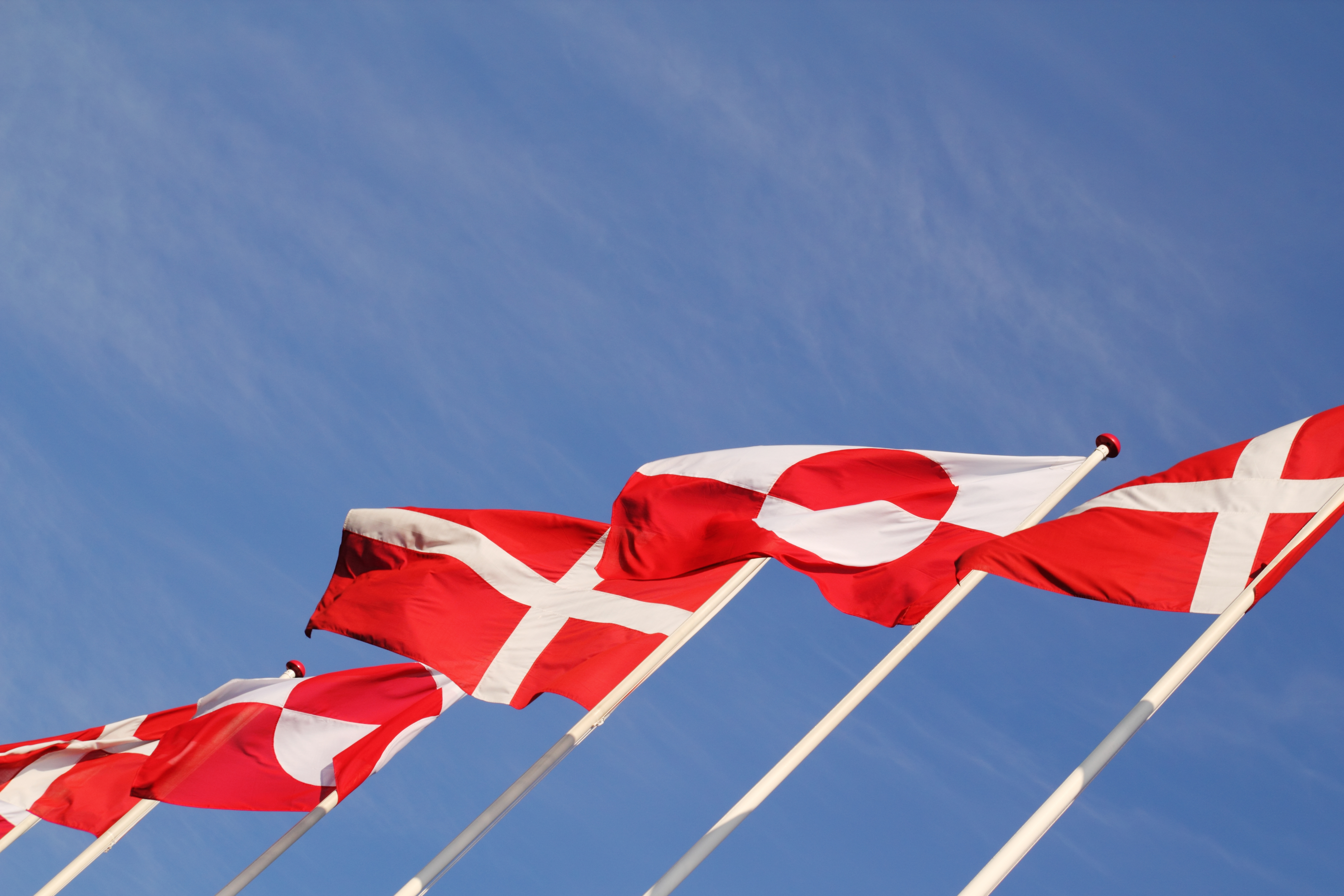Denmark works to keep Greenland and the Faroe Islands from going their separate ways
When it came right down to it, none of the members of the Folketing, the Danish national assembly, debating the state of Denmark’s relationship with Greenland and the Faroe Islands Tuesday disagreed that the two countries can declare independence from Copenhagen whenever either sees fit. Most made it clear, however, that they would not like to see that happen.
The argument that ‘it’s better together’ has long been Copenhagen’s standard response to pro-independence voices in Greenland and the Faroe Islands, but, increasingly, there is an understanding that this attitude is not shared in Nuuk or Tórshavn.

Prime Minister Lars Løkke Rasmussen supports discussions about the future of kingdom, for example, but says rather than having the case made for them, the two self-governing countries ought to begin asking themselves what the alternative to staying in the kingdom is.
For remainers, the rationale is that Greenland and the Faroe Islands benefit from being a part of the kingdom economically and politically. Rasmussen, however, suggested that, if independence is a possible outcome, it’s best not to let exit talks sneak up on anyone.
“I think it’s a matter of due diligence that we discuss well before we find ourselves involved in a conflict that involves the Faroe Island or Greenland,” he said.
The point of today’s session was to debate the PM’s ‘State of the Kingdom’ report, published in April. Each of the past four years, the report has parsed the economic, political and social situation in Greenland and the Faroe Islands, and their relationship with the metropole.
More so than in the past, discussions this year had trouble escaping discussions about independence. Both countries, for example, are now drawing up constitutions. They will only apply locally, but those hoping for the kingdom to remain united see the process as a definitive step towards the exit.
Greenland and the Faroe Islands are equally resolute in their desire to eventually declare their independence, but it is Denmark’s relationship with the former that appears be groaning most. Today’s debate comes in the wake of a complaint by a former Greenland foreign minister to the UN about Denmark’s treatment of the country. The complaint has been withdrawn; the minister had no mandate to submit it. But the sentiment it expressed remains.
To address how realistic Greenlandic independence is, a second session today zeroed in on its situation. Rasmussen, like most others participating in the discussion, took a dim view, arguing that Nuuk has trouble enough administering the powers that have already been devolved to it. Opponents questioned whether Greenlandic legislators had considered the economic or political consequences of exiting the kingdom entirely.
Aaja Chemnitz Larsen, one of the Greenland’s two representatives in the Folketing, takes an alternative view:
“In general,” she said, “I believe the independence debate should take place in Greenland.”
That, in all likelihood, would be something else Folketing legislators would not like to see happen.